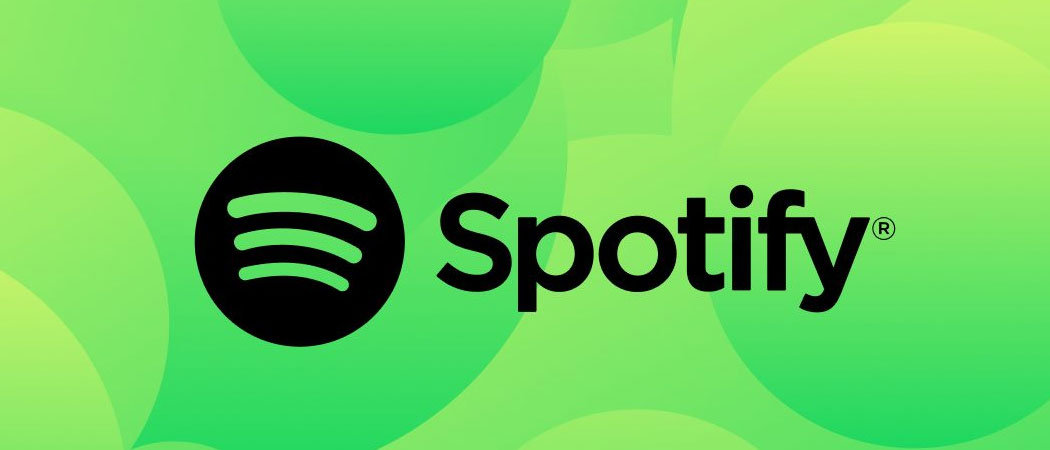Radio/Music News Tues-Thurs-Fri
FTC Urged To Investigate Spotify Over Subscription Bundling & Royalty Cuts
U.S. Senators MARSHA BLACKBURN (R-TN) and BEN RAY LUJÁN (D-NM) have asked the FEDERAL TRADE COMMISSION (FTC) to investigate SPOTIFY over allegations that the streaming platform is converting users’ premium music plans into higher-priced bundled subscriptions without consumer consent.
The Senators allege SPOTIFY may be taking advantage of a rule gap that allows digital services to pay reduced music royalties when music is bundled with other offerings. They claim SPOTIFY automatically moved Premium Plan users into a new bundled plan—including podcasts and audiobooks—to lower payments to songwriters and publishers.
Their request follows earlier complaints by the NATIONAL MUSIC PUBLISHERS’ ASSOCIATION (NMPA). The MECHANICAL LICENSING COLLECTIVE has also filed a suit against SPOTIFY, accusing the company of improperly reclassifying its premium subscription tiers. NMPA has additionally asked several State Attorney Generals to launch investigations.
BLACKBURN and LUJÁN said, “We have serious concerns about SPOTIFY’s recent move to convert all of its premium music subscribers into different—and ultimately higher-priced—bundled subscriptions without their knowledge or consent. SPOTIFY’s intent seems clear—to slash the statutory royalties it pays to songwriters and music publishers.”
The Senators also wrote, “Their actions will cause harm to artists and creators and consumers across the country. We urge the FTC to investigate this matter.”
SPOTIFY increased its base U.S. subscription rates by $1 to $3 in JULY 2023 and added audiobook access. The Premium Plan now includes up to 15 hours of audiobook listening per month. Free users get limited audiobook time, which SPOTIFY used as a transition point to migrate subscribers into bundled plans. That shift occurred in MARCH 2024.
BLACKBURN and LUJÁN estimate the change could cut royalty payments by more than $150 million in the first year, even though it may bring in $230 million in new revenue. They noted SPOTIFY later added a standalone “Basic Plan,” but said only a few users have switched back to the music-only option.




